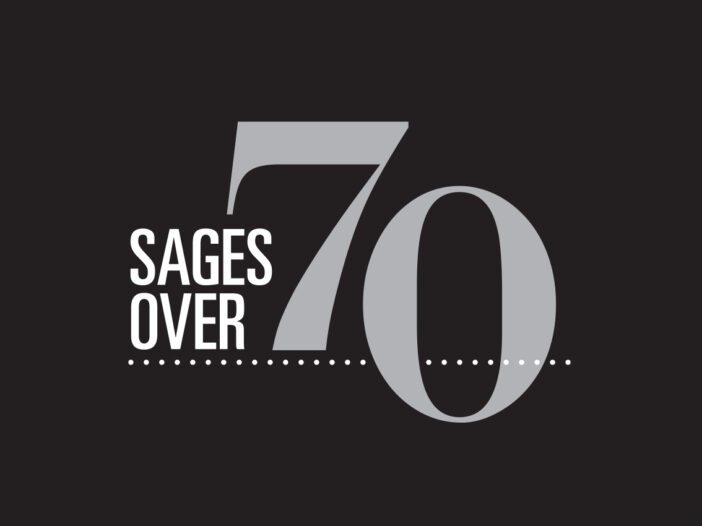
Who knew Des Moines produced one of the world’s leading experts on the meaning of life?
Dr. Robert “Bob” Waldinger graduated from Theodore Roosevelt High School in 1967 and told me he tries to attend as many class reunions as he can. But he’s busy these days: He is a professor of psychiatry at Harvard Medical School, a psychoanalyst and a Zen priest.
In 1938, Harvard started a longitudinal psychological study that compared Harvard men with inner-city men without the same opportunities. Psychiatrist George Vaillant led the study from 1972 until 2004 and concluded that relationships play a critical role in creating meaningful, satisfying and even longer lives.
Vaillant concluded in his book “Aging Well” that six factors predicted healthy aging for the Harvard men: “physical activity, absence of alcohol abuse and smoking, having mature mechanisms to cope with life’s ups and downs, and enjoying both a healthy weight and a stable marriage. For the inner-city men, education was an additional factor. … The more education the inner-city men obtained, the more likely they were to stop smoking, eat sensibly and use alcohol in moderation.”
As Vaillant’s protégé, Waldinger became the study’s fourth director and expanded the study to include the original men’s spouses and children. “The surprising finding is that our relationships and how happy we are in our relationships has a powerful influence on our health,” according to a 2017 article the Harvard Gazette published about the study. “Close relationships, more than money or fame, are what keep people happy throughout their lives. Those ties protect people from life’s discontents, help to delay mental and physical decline, and are better predictors of long and happy lives than social class, IQ, or even genes. That finding proved true across the board among both the Harvard men and the inner-city participants.”
In 2015, Waldinger gave a TED Talk called “What Makes a Good Life: Lessons from the Longest Study on Happiness” that racked up more than 43 million views. “People are hungry for this kind of information,” he wrote in an email, after I invited him to be a guest on my monthly podcast.
The talk’s viral popularity prompted Waldinger and his colleague Marc Schulz to write a book called “The Good Life: Lessons from the World’s Longest Scientific Study of Happiness.” It hit shelves earlier this year, in the midst of our current era of polarized culture wars, social disconnection and a society that prioritizes many things over authentic human connections.
The new book identifies several additional “good life” factors beyond the six Vaillant noted in “Aging Well.” Trust is critical, not just among friends, family and neighbors, but also in communities. Generosity is important, too, as well as the freedom and ability to make decisions.
Even so, Waldinger emphasized one key point: “Positive relationships are essential to human well-being.” He repeats this almost as a mantra.
He knows, of course, that relationships take work and time, and they’re easy to take for granted. He said that a silver lining of the pandemic is the way it helped people appreciate their connections with family and friends.
Relationships are like threads in a tapestry. Some are strong and last forever. Others break and need to be repaired or are best left unmended. People move. They retire and move near family. Some relationships become unhealthy. Friends die.
But now more than 80 years of Harvard research — and our own common sense — tell us that relationships are worth the continual investment. Bronnie Ware notes in her book “The Top Five Regrets of the Dying” that people at the end of life often say they wish they had stayed in touch with their friends.
So how are we spending our time and to whom are we paying attention? We know we need to keep moving and stay active, but Waldinger’s persuasive research suggests that social fitness is just as important as physical fitness. We should pay attention to the people who matter most in our lives. Perhaps the Beatles said it best, “We get by with a little help from our friends.”
 Sign Up and Download Your FREE Copy of The Top 5 Actions For Creating Your Own Breadcrumb Legacy™
Sign Up and Download Your FREE Copy of The Top 5 Actions For Creating Your Own Breadcrumb Legacy™
